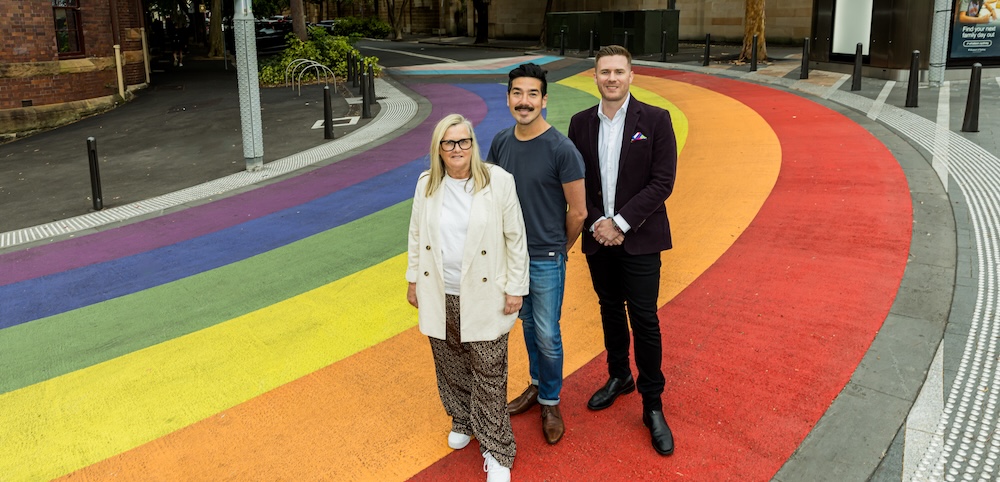
Why everyone should care about LGBTI inclusion at work

With Ireland, Germany, New Zealand, and finally Australia legislating for marriage equality it might seem that society is becoming more aware, tolerant and accepting of the LGBTI community.
However, while equality under the law is admirable, the fight for equality does not end with the right to marry for many people.
Paula is a highly capable leader who has held numerous high-level positions in electronics firms overseeing major customer engagement projects.
Paula is the kind of person that gets stuff done quickly and efficiently, which earned her several awards and commendations.
She was the ‘go-to’ person in the job. However, when Paula began openly identifying as a trans woman, the workplace dynamics changed.
This included being spoken over in meetings, having emails ignored, and receiving less frequent commendations for performance despite achieving outstanding performance in all her KPIs.
While complex, Paula’s story remains poorly understood by much of the Australian business community.
Despite the fact that leading organisations now have workplace diversity as a main priority, the inclusion of LGBTI people – and especially their intersections with other marginalised communities – has often gone under-addressed.
Sure, there are cupcakes on Wear it Purple Day, and ANZ sponsors the Sydney Gay and Lesbian Mardi Gras.
But are firms actually doing what they can to pursue genuine diversity?
The Diversity Council of Australia’s ‘Out at Work: From Prejudice to Pride’ report has found that only one-third of LGBTI workers are fully out at work.
While no-one should be forced to come out in their workplace, it does raise the question about whether we are at a point where LGBTI workers are able to bring their authentic selves to work.
The Harvard Business Review in 2001 discussed the vital role that inclusion can play for LGBTI employees, yet few firms – judging by the data – integrate all of their employees meaningfully.
Researchers highlight that firms with truly inclusive practices which focus on integrating staff professionally and socially yield competitive advantages over firms that do not.
When people can bring their authentic selves to work they are able to focus on the tasks at hand rather than regularly filtering or minimising themselves.
There are strong arguments to be made that when staff can have meaningful relationships with their co-workers, they become less likely to look elsewhere for work.
We already know that who we work with matters.
LGBTI people today make up the second largest diversity group, ranging anywhere from 10-15% of the population.
If we can get LGBTI people included at work we can make greater steps towards both being more inclusive and, perhaps, more productive organisations.
Georg Frederic Tamm is an honours student in Work and Organisational Studies at the University of Sydney Business School.









